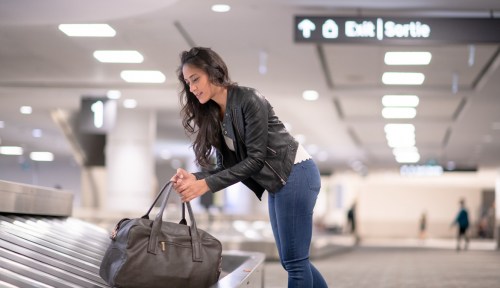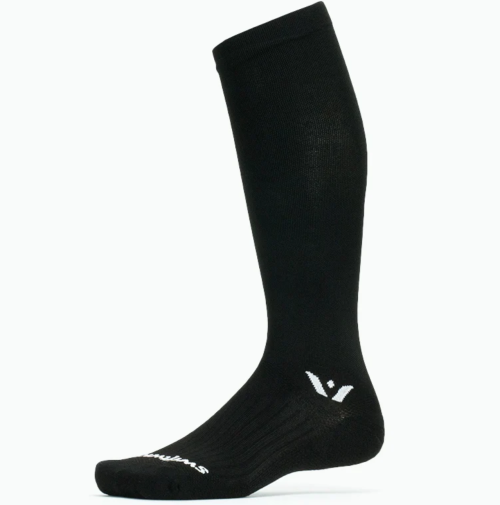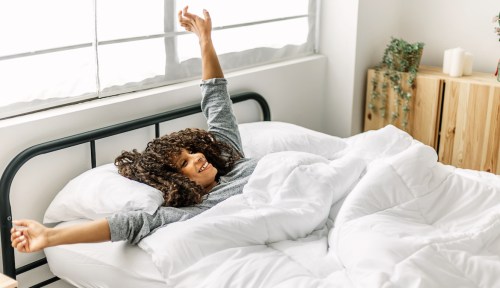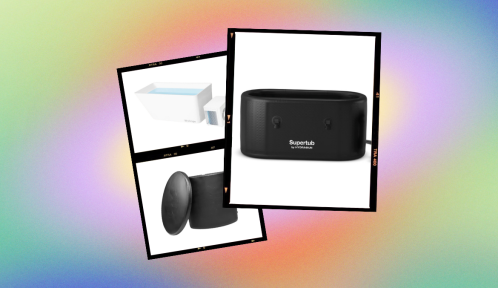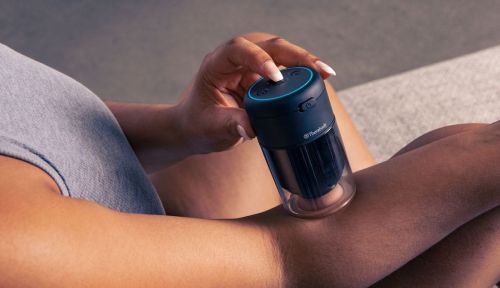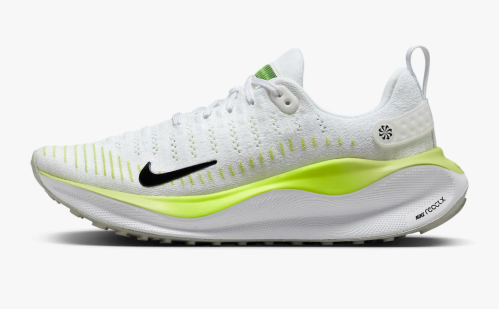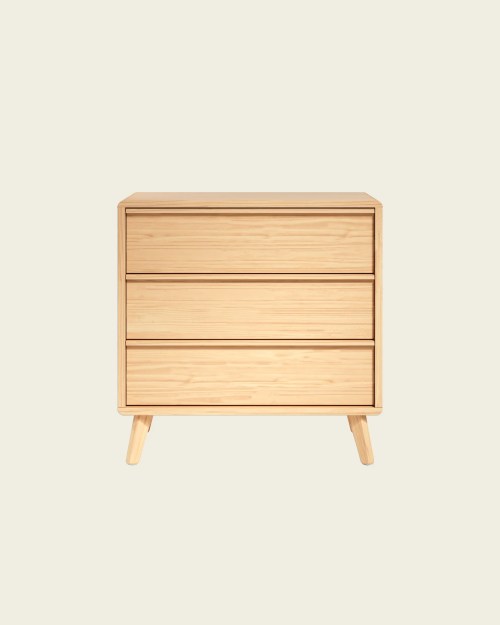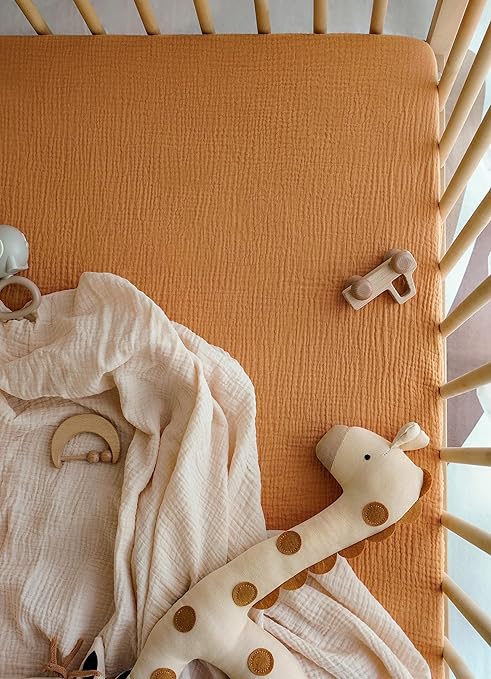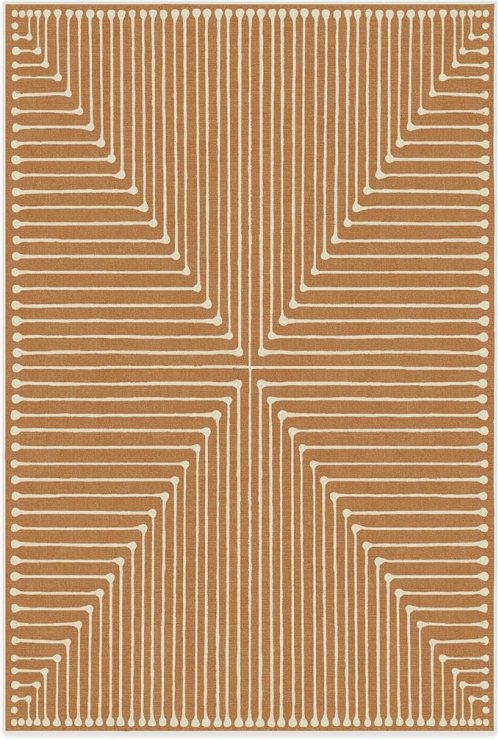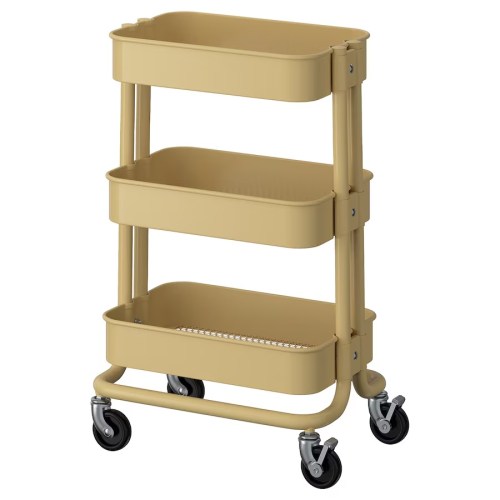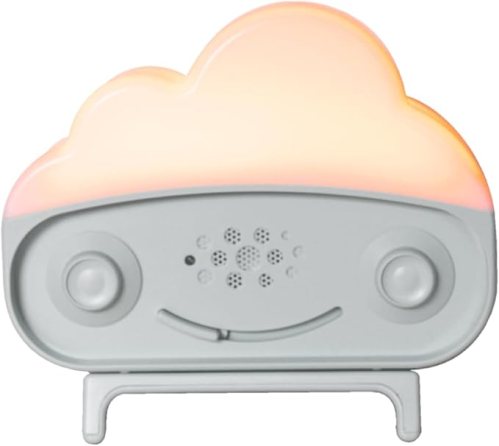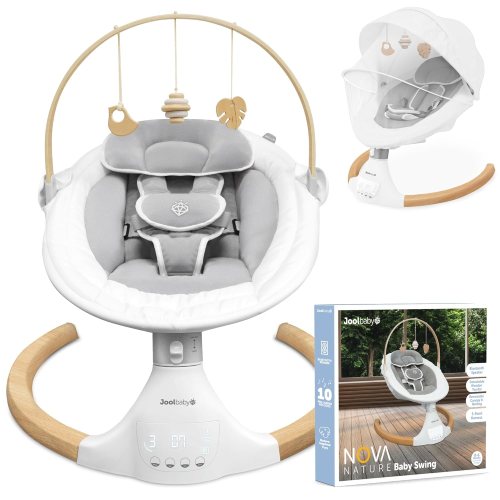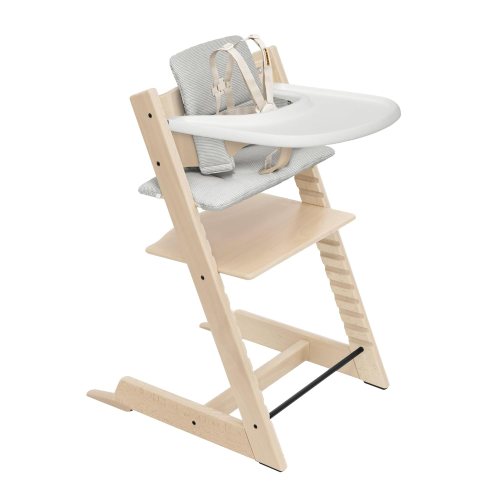Our editors independently select these products. Making a purchase through our links may earn Well+Good a commission
Dancers are certainly used to dealing with aches and pains, but even professionals like Betsy McBride, a soloist with American Ballet Theatre, aren’t immune from the stiffness, swelling, and general exhaustion that can follow a 14-hour flight. “It’s really hard to get your body going after flying,” McBride says over Zoom in the midst of an international tour in China. “For me, I swell so much flying, and I notice that my ankles feel thicker and not as supple, and my muscles feel almost heavy.”
Experts in This Article
soloist with American Ballet Theatre
vascular surgeon and medical director at Boca Raton Regional Hospital
Though based in New York City, McBride and her colleagues spend about 11 weeks each year on the road, often with minimal time to recover before having to perform in packed opera houses. Racking up all those air miles, McBride has had ample time to figure out the tricks and products that help her fight airplane-induced inflammation and feel like herself again. While your next travel plans probably won’t require you to dance on pointe after you land, following McBride’s tips can certainly help lessen post-plane aches.
Travel days start with stretches
Whenever she can fit it in, McBride likes to begin any travel day with some morning yoga. “Just to get my body moving before sitting on a plane for hours,” she says. When that’s not possible, she’ll just do a few stretches on her own before heading to the airport.
Ease into your travel day with this quick stretch:
More water, less salt
With their desert-like humidity levels and low air pressure, airplanes are notoriously dehydrating. This is why McBride makes sure to drink extra water and to avoid salty foods. (Pro-tip: A hydration scientist recommends drinking eight ounces for every hour you’re in the air.) “I try not to eat too much sodium while I’m flying because I think that helps with the swelling,” McBride says. Instead, she sticks to low-sodium snacks.
Compression is essential
Another inflammation-fighting must-have: compression garments. As Eileen Catherine de Grandis, MD, vascular surgeon and medical director of the Vein Clinic at Boca Raton Regional Hospital, previously explained to Well+Good, wearing compression socks “helps prevent the development of dangerous blood clots and leg swelling during long car trips and flights.” This is because they squeeze your veins just enough to prevent blood from pooling in the legs and feet.
“I have learned through the years that I have to fly with compression socks on because I really notice my ankles will swell up otherwise, and then it’s really hard to dance right after, or even to put my foot in a pointe shoe,” McBride says. Compression tights are a more recent find for McBride, who stocks up on them on Amazon.
Swiftwick Aspire Twelve — $30.00
These knee-high compression socks use even compression throughout and breathable, sweat-wicking fabric to keep your feet cool and dry.
Beister Medical Compression Pantyhose — $27.00
These are tightest at the ankle, then gradually get looser as the fabric moves up your leg to help reduce swelling.
Keep it moving
McBride tries to move around as much as possible on the plane. “It was actually kind of hilarious on this most recent flight to China because all of us dancers traveled together and we were constantly going to this back area where you could get water and doing crazy stretches,” she says.
Don’t worry: You don’t need to hit the splits to stay mobile. Simply walking up and down the cabin aisles a few times and doing some basic stretches from your seat, like flexing and pointing your feet, can help keep your body from cramping up and help you avoid blood clots on extra-long flights.
Change the temperature
McBride’s post-flight routine is the most crucial part of her recovery. After more yoga to realign her body and work out any stiffness, she does some contrast bathing. “A lot of the hotels that we go to have a hot tub or cold plunge situation,” she says. “Going back and forth between hot and cold really flushes out the inflammation and makes my legs feel more normal again.”
Because the blood capillaries open up in the heat and contract in the cold, this back-and-forth method has been shown to increase circulation, which could help to decrease soreness and reduce fatigue1.
McBride alternates between about 10 minutes in a hot tub or sauna and a few minutes in cold water. You can also do this in a hotel pool and jacuzzi, or even just by switching between temperatures in the shower.
Heat up and rub down sore muscles
“Sometimes I’ll get a stiff back if the flight is longer, so I’ll have a heating pad with me that I can put on at night to get my back to loosen up a little,” McBride says of another essential. “And then I have to have my Deep Blue muscle rub and Advil.” Using all three helps her decrease inflammation and ease achy muscles.
doTERRA Deep Blue Rub 4 oz — $40.00
This soothing oil comes with a refreshing mint scent.
Stay awake until dark
McBride says that one more key component to helping her adjust while traveling is fighting off jet lag. “I always make myself stay awake until it’s the evening time wherever I’m at—no matter how sleepy I am,” she says, noting that a full night of sleep comes easier that way. In the meantime, she’ll do some sightseeing in comfy sneakers, usually a supportive running option from Nike.
Nike InfinityRN 4 — $160.00
These kicks offer plenty of supportive, comfortable cushioning for logging as many miles as your sightseeing takes.
Breger Stanton, Donna E et al. “A systematic review of the effectiveness of contrast baths.” Journal of hand therapy : official journal of the American Society of Hand Therapists vol. 22,1 (2009): 57-69; quiz 70. doi:10.1016/j.jht.2008.08.001
↩︎Shadgan, Babak et al. “Contrast Baths, Intramuscular Hemodynamics, and Oxygenation as Monitored by Near-Infrared Spectroscopy.” Journal of athletic training vol. 53,8 (2018): 782-787. doi:10.4085/1062-6050-127-17
↩︎- ↩︎
Wan, Jing-Jing, et al. ‘Muscle Fatigue: General Understanding and Treatment’. Experimental & Molecular Medicine, vol. 49, no. 10, Springer Science and Business Media LLC, Oct. 2017, pp. e384–e384, https://doi.org10.1038/emm.2017.194.
Sign Up for Our Daily Newsletter
Get all the latest in wellness, trends, food, fitness, beauty, and more delivered right to your inbox.
Got it, you've been added to our email list.
